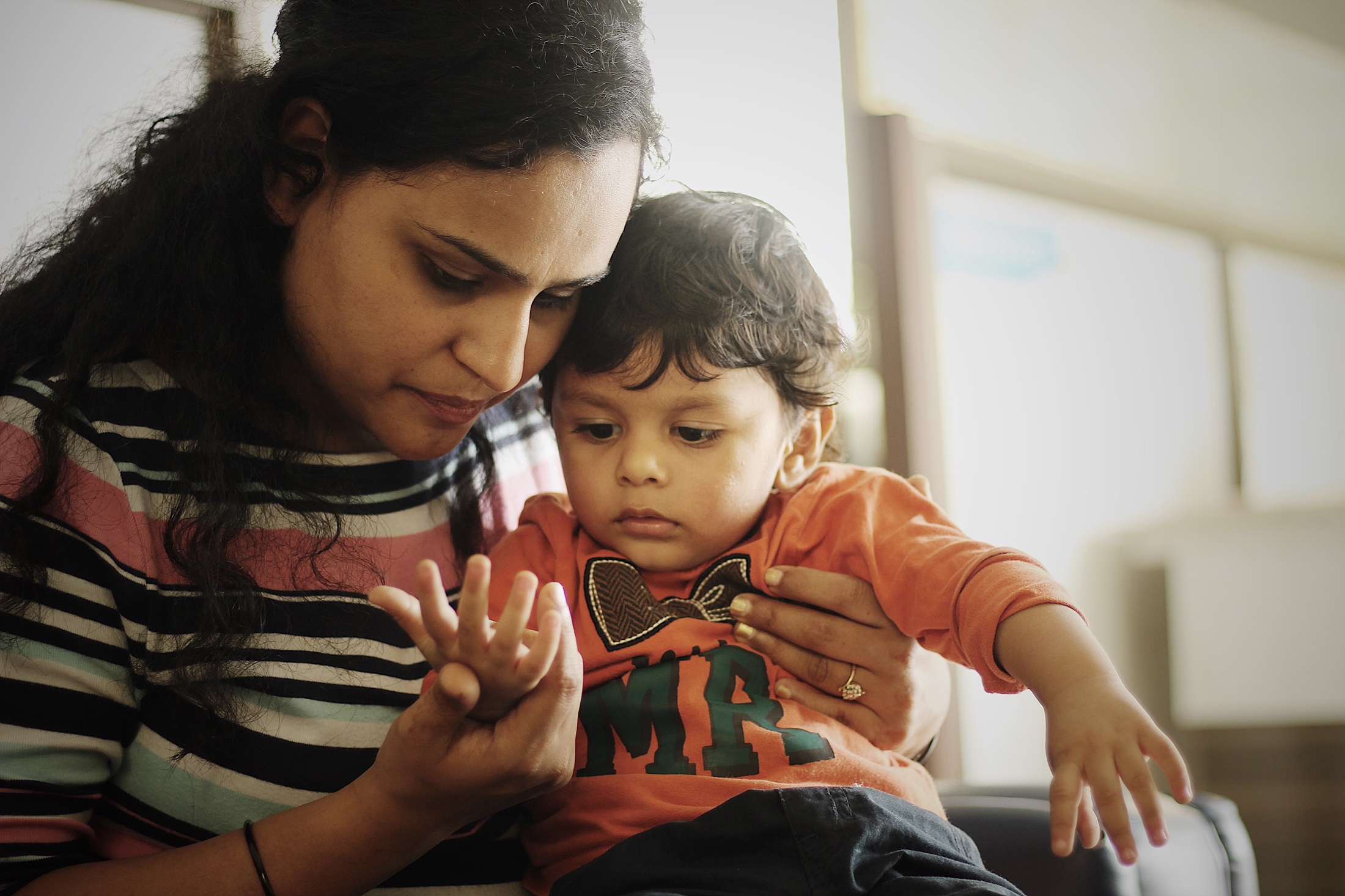Self-Care for Parents of Young Children
As a parent of young children, you have a huge amount of responsibility on your shoulders. Not only do you […]
Read complete blog >>
If you are seeking mediation, you are likely to be in a painful place. Your marriage or relationship has come to an end. You are now having to separate your life from your spouse or partner. Perhaps you are the driving force in this process, or you may be reluctantly engaging in it.
The two of you may be seeking family mediation because you need to discuss how to co-parent your children. You may also have to make an agreement on finances. Sometimes people seek mediation when they need to make changes to current arrangements, for example when the children’s needs have changed as they have grown older.
Family mediation is a structured and confidential conversation held in a safe environment. A trained mediator will help the two of you to work out arrangements for your children and financial arrangements. The goal of mediation is to get you to a place where an agreement is more likely. You will not have to agree to anything against your wishes. The best interest of the children is at the heart of family mediation.
The four main principles of mediation–impartiality, confidentiality, self-determination and voluntariness–provide structure and safety in the mediation process. They also ensure that each mediation process is unique to the participants’ specific circumstances. While the mediator facilitates the process, you and your former partner are in control of it. You decide what is discussed, how long the process takes, and what agreements are made.
Impartiality in mediation means that the mediator does not take sides. There are no good guys or bad guys in mediation. The mediator supports both participants equally. The mediator's role is to facilitate a conversation between you and your former partner. They guide the two of you towards finding solutions. The mediator does not give advice but they may give information or guidance when appropriate. In order to maintain impartiality in mediation, the mediator cannot mediate if they have prior knowledge of your or your partner’s situation.
Confidentiality in mediation means that the discussions or proposals made during mediation are ‘without prejudice’. They cannot be disclosed in court. For this reason, mediation sessions cannot be recorded. You can take notes during the sessions. The mediator can prepare an interim or final summary of arrangements that the participants can share with their solicitors when seeking legal advice. These summaries are ‘without prejudice’.
There are exceptions to the confidentiality principle. The mediator will break confidentiality if they believe that you or someone else is at risk of harm. Confidentiality is also broken if when finances are discussed there is evidence of illegal activities, such as money laundering or the dissipation of assets. In some cases the mediator will aim to speak to you and your former partner first before contacting relevant services, for example when the safety of a child is a concern. In some rare cases the mediator may end mediation without notice. This would happen, for example if they have reason to believe that a relevant, undisclosed criminal offense has taken place.
Self-determination in mediation means that you and your former partner are in control of the process, timeline and outcome of the mediation. The mediator provides structure to the mediation process. They also support you in exploring proposals and arrangements. However, the two of you will determine what the process looks like and how long it takes. The participants are responsible for the decisions made in mediation, not the mediator.
Voluntariness in mediation means that the participants choose to take part in mediation. They can withdraw from the process at any stage. Mediation is not suitable if one participant is coerced into mediation, or if mediation puts them at risk. If the principle of voluntariness, or any other principle of mediation is compromised, the mediator may choose to end mediation.
At the end of the mediation process, you will be advised to seek independent legal advice regarding the arrangements for children and the financial arrangement. It is always a good idea to seek this advice. Your lawyer may notice something that you have overlooked during the discussions. You may then return to mediation, or seek another route to finalizing the arrangements.
If mediation does not work out for you and your partner, there are alternatives to mediation in family disputes. You can resolve matters privately between the two of you, or with the help of an outsider, such as a trusted family member or friend.
Another option is for you to negotiate with the help of collaborative family lawyers. Just as in mediation, the aim of the collaborative process is to meet the needs of the children and find a settlement that is fair for both parties. This collaborative process is voluntary and the aim is to avoid litigation, which is often costly, lengthy and adversarial.
The two final options in family disputes is to take the matter to family court or to seek independent family arbitration. Mediation is often not only quicker and cheaper but also less stressful than going to court.
Articles on www.hoopfull.com may feature advice and are for informational purposes only. It is not intended to be a substitute for medical advice, diagnosis or treatment from a trained professional. In an emergency, please seek help from your local medical or law enforcement services.
Keep up to date with the Hoopfull community.

As a parent of young children, you have a huge amount of responsibility on your shoulders. Not only do you […]
Read complete blog >>
Women as nurturers In most societies, women are predominantly seen as nurturers. It is implicitly expected that women will care […]
Read complete blog >>
‘…reframing is the process of changing the way a thought is presented so that it maintains its fundamental meaning but […]
Read complete blog >>